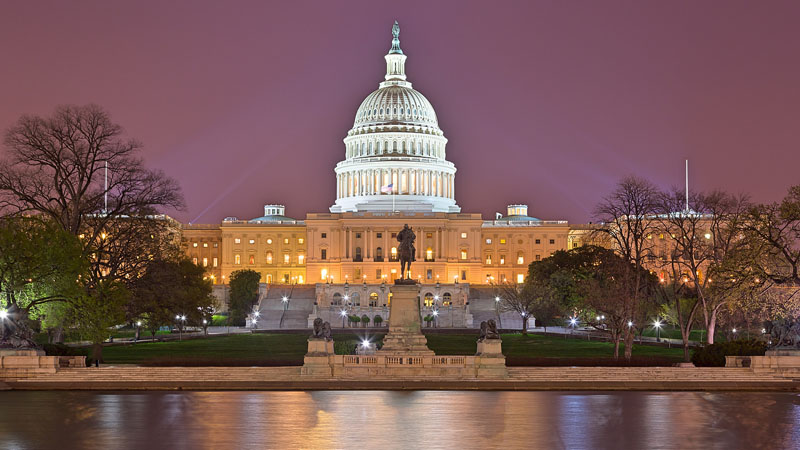As the evidence of global warming piles in, the arguments for inaction are shifting.
Weather agencies confirmed 2016 as the third record-breakingly hot year in a row and global sea ice shrank to a record low this week.
In Washington, Donald Trump’s cabinet picks conceded climate change was not a hoax. Still, Ryan Zinke, Scott Pruitt and Rick Perry cast doubt on the severity of the impacts and degree of human influence.
It’s no longer enough to bandy about the 97% consensus meme, argues Karl Mathiesen – climate advocates need a stronger grasp of the science to pin down this slippery fish.
Climate science on trial
If only there were some setting to forensically assess the evidence – and its relevance to policy. A court room, perhaps?
In a case to go to trial later this year, 21 young people are suing the US government for a more radical climate plan.
As Trump inherits the defence, Barack Obama’s justice department has endorsed many of the scientific foundations of the teenagers’ case – including that carbon dioxide endangers future generations.
Obama’s climate legacy: a battle of attrition at home
Obama’s climate legacy: China, India and the Paris pact
Obama’s climate legacy: can it survive President Trump?
As a parting gift, President Obama slipped another US$500 million to the Green Climate Fund (GCF).
NGOs welcomed his support to poorer nations for their climate plans and urged the Trump admin to deliver the outstanding $2bn pledged.
In their manifesto, the Republicans said they would axe the US contribution, but Rex Tillerson did not confirm that in his senate hearing last week.
The threat from its biggest donor is one of many challenges facing the GCF. Ed King has written a to-do list for Howard Bamsey, the Australian who took the helm last week.
Look east
Out of the confusion, China’s Xi Jinping seized his moment. In a remarkable speech at the World Economic Forum in Davos, the communist leader set out his stall as defender of globalisation.
That included a stern message – repeated in Geneva – to all signatories of the Paris Agreement that they should honour their obligations.
Beijing is taking the green bond market by storm and leading the world in renewable energy investment.
India is unmoved by US politicking. “Irrespective of what other countries do or do not do, India stands committed to being part of green energy,” energy minister Piyush Goyal told the IRENA summit in Abu Dhabi. Delhi is aiming to eliminate coal imports within a few years.
Also at IRENA, Saudi Arabia’s Khalid Al-Falih announced a $50m clean energy investment push.
Ed King has a round-up of how other major economies are sticking – or not – to their climate plans.
Hope in localism
We asked readers how you stay positive in the face of climate uncertainty. You emphasised community level action and staying connected.
Quick hits
Canada: Six bits of crucial context for Trudeau tar sands “gaffe”
CVF: World’s poorest urge G20 to make long-term climate plans
US: Power sector emissions fall below transport sector
Davos: Arctic scientists take base camp to World Economic Forum
Russia: Exxon has “excellent future” in Arctic, says ex-energy chief
Congo: Carbon sink larger than England found in the jungle
